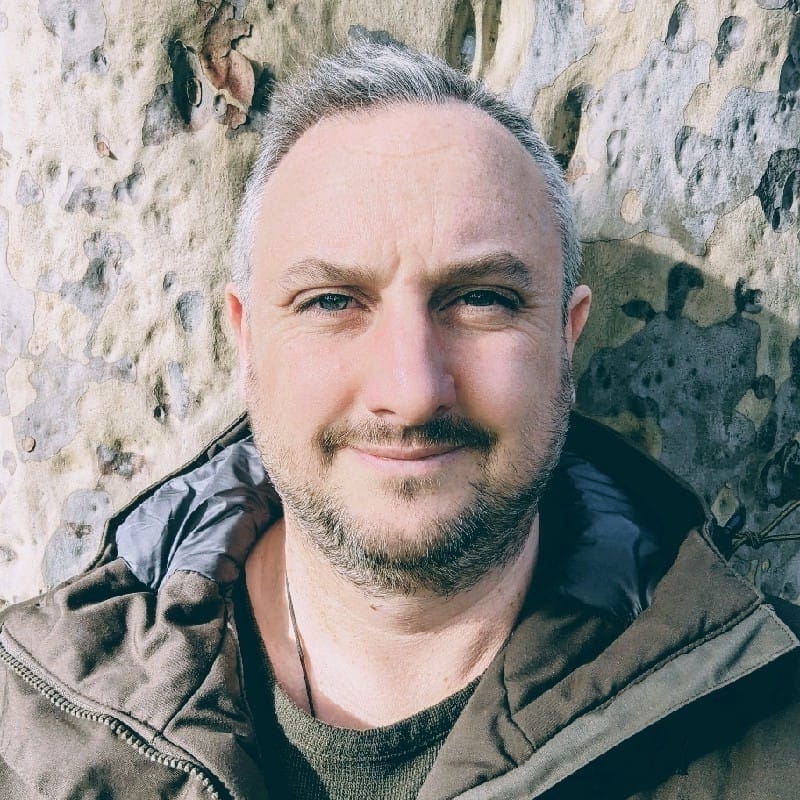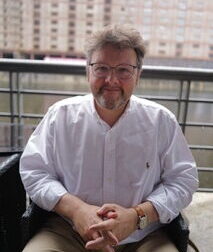DATE & TIME
2 October 2025, 15:45 – 17:00
TRACKS
TRACK 5: Living Labs Operation, Methods, Tools, and Impact
ROOM
La Consortia 4
TARGET AUDIENCE
Policymakers, companies & entrepreneurs, research & academia, LLs representatives and practitioners
TYPE OF SESSION
Roundtable
Description
Living Labs have become fundamental ecosystems for driving innovation in real-world contexts. According to ENoLL (2024), they are defined as open innovation ecosystems in real-world environments based on a systematic approach to co-creation with users that integrates research and innovation activities in communities and/or multi-stakeholder environments, placing citizens and/or end users at the centre of the innovation process.” The European Union (EU) promotes this model through initiatives such as EU Missions, in which researchers, governments, companies, and citizens collectively commit to addressing ambitious and measurable social/societal challenges (European Commission, 2024).
Within this framework, Social Innovation (SI) and Digital Social Innovation (DSI) emerge as key mechanisms for addressing complex social/societal and environmental needs (Lettice and Parekh, 2010; Parth et al., 2021). However, current methods for evaluating the impact of DSI and LLs remain largely focused on KPIs, which carries the risk of providing a limited narrow and incomplete picture of actual social/societal transformation. It is no longer enough to measure results; we must capture systemic change, community empowerment, environmental sustainability, and ethical governance. This session will explore: The limitations of quantitative indicators when the impact of DSI. The need to design new qualitative approaches and mixed methods. The proposal and application of Key Value Indicators (KVIs) to incorporate social/societal, environmental, and ethical values in LL ecosystems. Through sharing the experiences and knowledge of experts, and through joint discussion, the session aims to jointly open up new perspectives for evaluating transformation beyond traditional metrics.
Agenda
Timeslot | Item | Speakers |
|---|---|---|
| 15:45 – 15:50 | Welcome and Introduction |
|
| 15:50 – 16:25 | Presentations by the speakers |
|
| 16:25 – 16:55 | Panel Discussion and Audience Interaction: From KPIs to KVIs – What values should guide Living Labs today? |
|
| 16:55 – 17:00 | Closing Remarks |
|
Speakers
Fatima Canseco
Head of Research, Digital Society Technologies at i2CAT Foundation

Fatima Canseco
Head of Research, Digital Society Technologies at i2CAT FoundationFàtima Canseco-López is Head of Research of the Digital Society Technologies Research Group at the i2CAT Foundation. She holds PhDs in Social Innovation (La Salle-URL) and Electrical Engineering (BIU), as well as degrees in Engineering Management (MEng), Industrial Engineering (BEng), and an MBA (UPC). Her experience spans academia and public administration, including roles at La Salle–URL, UPC, and the Traffic Control Centre of Catalonia. Her work focuses on the intersection of social innovation, digital transformation, and technology governance.
Dimitri Schuurman
University Business Development Manager, imec-MICT-Ghent University & Senior Research Strategist, ENoLL

Dimitri Schuurman
University Business Development Manager, imec-MICT-Ghent University & Senior Research Strategist, ENoLLDimitri is a university business developer at research group imec-MICT-Ghent University where he is responsible for research on inclusive design, impact via Living Labs, and design for futures, all in the context of new and emerging technologies. He is a visiting professor of strategic design and innovation management at Ghent University and works in part for the European Network of Living Labs as their senior research strategist. His PhD on innovation management in Living Labs developed a three-layered model that is now widely used in Living Lab research and practice. Finally, Dimitri is active as an independent consultant in the domains of open innovation, user innovation and strategic innovation management.
Koen Vervoort
Senior Stakeholder Strategist at ENoLL

Koen Vervoort
Senior Stakeholder Strategist at ENoLLHelping Living Labs since 2006 @i-City, IBBT, iMinds, City of Thing, iMec as Stakeholder engagement specialist and now as a Senior Stakeholder Strategist at ENoLL, building bridges and opportunities for all members and interested parties. With nearby 20 years of experience in User Involvement, Panel Management and Stakeholder Engagement, Koen is constantly trying to strengthen the Living Lab community around the globe.
Marta Martorell Camps
Director of Digital Society Technologies Research Group

Marta Martorell Camps
Director of Digital Society Technologies Research GroupMarta Martorell Camps is an expert in digital social innovation, inclusive technologies, and participatory governance. She directs the Digital Society Technologies area at i2CAT, leading projects on ethical and inclusive digital transformation. With over 20 years of experience, including a term as Mayor of Tiana, she has led key EU projects such as INTEGER (completed) and FORGING. Her work promotes 4-helix innovation ecosystems, digital rights, and gender equity in tech. She holds an Executive master’s in public administration (ESADE) and is a PhD candidate in Sustainability at UPC. Marta is a frequent speaker in international conferences and active in networks like ENoLL and ESSI.
Abdolrasoul Habibipour
Associate Professor in Information Systems at Luleå University of Technology, Sweden, and Managing Director of Botnia Living Lab

Abdolrasoul Habibipour
Associate Professor in Information Systems at Luleå University of Technology, Sweden, and Managing Director of Botnia Living LabAbdolrasoul (Rasoul) Habibipour is an Associate Professor in Information Systems at Luleå University of Technology, Sweden, and Managing Director of Botnia Living Lab. He is the Program Director for the Data Science Master’s Program at LTU and also holds a research fellowship at Stellenbosch University, South Africa. His research focuses on participatory design, user engagement, and Living Labs, among other areas. He has published several journal and conference articles and supervised students at all levels, including bachelor’s, master’s, and Ph.D. levels. Rasoul actively contributes as a guest editor, track chair, and reviewer for international conferences and journals. He has led multiple international research and innovation projects, particularly in the areas of digital transformation, Living Labs, and higher education research.
Sam Rye
Senior Research Officer, Monash University

Sam Rye
Senior Research Officer, Monash UniversitySam leads Monash University's Living Lab Infrastructure. Working with Living Labs across the university, he works with academics to integrate education, research, campus operations, industry and community engagement. With a background in strategic and systemic design, participatory processes, knowledge translation and with 15+ years supporting cross-sectoral collective action through the likes of social innovation labs, Sam aims to further grow Monash University's capability and supporting structures to tackle the Grand Challenges of our age.
Vicky Van der Auwera
Research manager and co-founder of LiCaLab, Thomas More University of Applied Sciences

Vicky Van der Auwera
Research manager and co-founder of LiCaLab, Thomas More University of Applied SciencesVicky holds a master’s degree in Engineering Sciences from Brussels University Belgium, where she graduated as civil mechanical-electrical engineer. She worked for 14 years in private sector in the area of mechanical engineering as Research Manager and Project manager, where she built up experience and knowledge of machine construction, mechatronics, opto-mechanical measurements, semiconductor measurements. Since 2010 she works for Thomas More University of Applied Sciences in the unit Research. She is one of the team members that started up LiCalab in 2012 (www.licalab.be/en ), in close collaboration with the City of Turnhout. At LiCalab she is responsible for the operational management of the team and she leads EU-projects as well as private assignments.
Leon Cruickshank
Professor of Design and Creative Exchange at Lancaster University

Leon Cruickshank
Professor of Design and Creative Exchange at Lancaster UniversityLeon Cruickshank is Professor of Design and Creative Exchange at Lancaster University. His research focuses on open, co-design processes and understanding and amplifying the impact of these living projects. These range from the £1.2 million Leapfrog project looking at new forms of engagement and mapping impact to Born Into Care, a codesign project to map the process whereby babies are taken into the care system and separated from their parent(s) at birth. He is the President of the European Academy of Design and his latest co-edited book ‘Flourish By Design’ published by Routledge and available as an open access publication here - https://doi.org/10.4324/9781003399568, https://orcid.org/0000-0002-9145-4635
